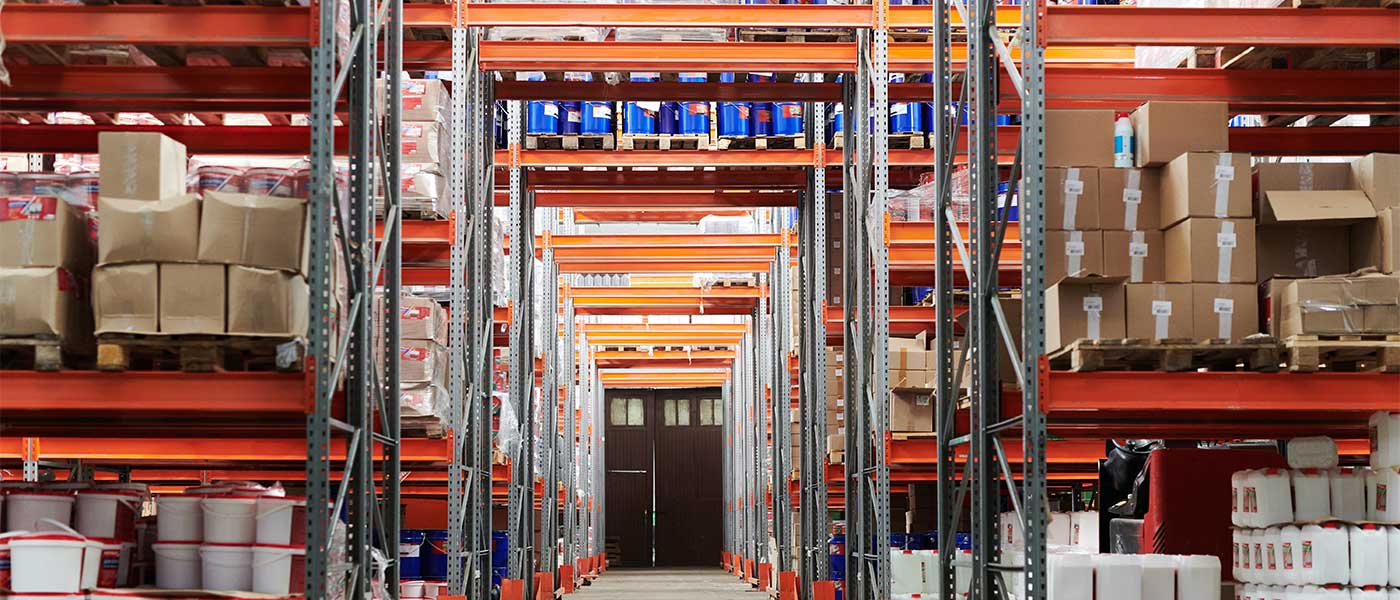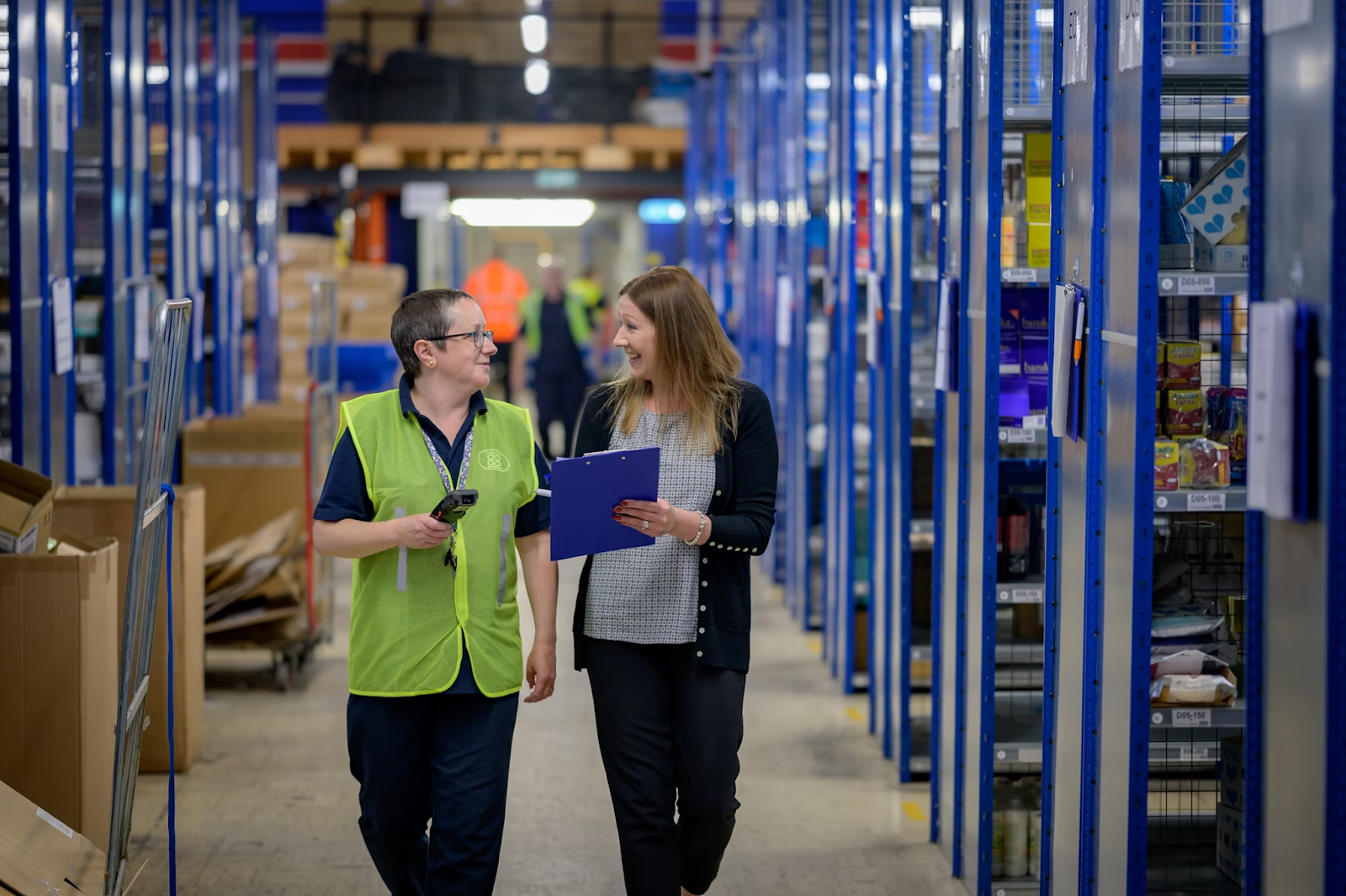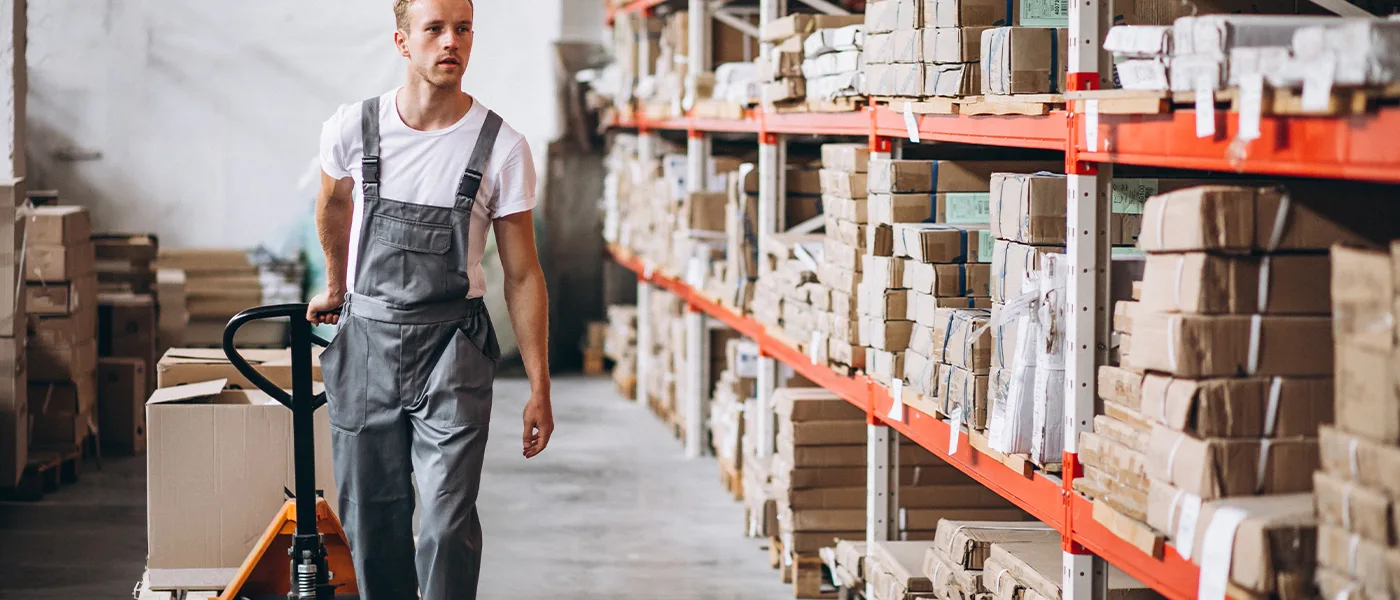Despite the inevitable impact of the ongoing pandemic on the world, Singapore has maintained an active and strong supply-chain network. The city-state has further cemented its global logistics hub status as shipping operations get just slightly disrupted, even if the rest of the world has been taking turns locking down borders to control the COVID-19 virus spread.
Based on the Global Connectedness Index 2020 released by a global logistics firm, Singapore was the second-most connected country in terms of trade shipments out of 169 countries, following The Netherlands. The Lion City houses the Port of Singapore, the busiest transshipment seaport in the world, and Changi Airport, among the biggest cargo airports globally.
Singapore’s logistics advantage is key to more opportunities, as e-commerce grows more rapidly in some of its neighboring countries in Southeast Asia. The Philippines and Malaysia were the top two nations in terms of e-commerce retail growth prior to the pandemic, according to data from the International Monetary Fund.
Since the onset of the ongoing pandemic, about 60 million people across the region have turned to be digital consumers, according to a report published in Nikkei Asia. There are currently over 350 million digital consumers in Singapore, the Philippines, Malaysia, Indonesia, Thailand, and Vietnam. Thus, any business based in Singapore could take advantage and sell their goods to people in these countries.
Shipping from Singapore to Southeast Asian countries
Getting into the supply chain and delivering merchandise to customers across the region can be a hassle-free business activity. Being more aware of the various customs and duties policies implemented in the delivery destination country in the region is an important key. Moreover, businesses can be guided in every basic step of the process.
- Choose the right shipping partner.
A reliable logistics partner could provide credible guidance through the cross-border supply chain process. It must not only be familiar with various laws and regulations for shipments in every country in the region but also be a digital-first business to ensure transparency, efficiency, and valuable customer experience (on both ends—the merchandise seller and the end customer).
- Pack and label your goods well.
Goods or merchandise must survive the long journey. This is why it is imperative to pack the products in ways that observe safety precautions. Dents or folds could result in unsatisfied customers. Correctly label the parcel—the delivery address must be valid and updated to avoid any trouble. Use high-quality paper and ink when putting shipment labels so the ink won’t fade and the label itself would not tear off along the journey.
- Facilitate payments through preferred methods.
While credit/debit card payments have become the norm for e-commerce, there are still some countries in the region where most customers still prefer cash on delivery. Take note of this, especially when shipping to the Philippines, Indonesia, or Vietnam.
- Properly turn over the shipment to the chosen logistics partner.
First-mile delivery involved the movement of goods from the seller’s Singapore address to the port or airport, depending on the appropriate or preferred transport means (either by sea, land, or air). The logistics partner would then use its distribution centers (local and international) prior to last-mile delivery, which takes the shipment to its final destination—the customer’s doorstep.
Get ready to ship
The complexity of the supply-chain process should not intimidate or discourage any business, especially when delivering goods from Singapore to other Southeast Asia countries. Choosing a reliable logistics partner is crucial to making sure the process is observed well, the costs are controlled, and the end consumers get the products in mint condition for their satisfaction.
Shipping Partners In Singapore
Locad: Locad is a technology-driven logistics platform that provides end-to-end supply chain solutions for e-commerce businesses in Southeast Asia, including shipping. Locad’s shipping services are known for their speed, reliability, and affordability.
DHL: DHL is a global leader in logistics, offering a wide range of shipping services, including air freight, ocean freight, and express delivery. DHL has a strong presence in Singapore, with a wide network of offices and facilities.
FedEx: FedEx is another global leader in logistics, offering a wide range of shipping services, including air freight, ocean freight, and express delivery. FedEx also has a strong presence in Singapore, with a wide network of offices and facilities.
UPS: UPS is a global leader in logistics, offering a wide range of shipping services, including air freight, ocean freight, and express delivery. UPS also has a strong presence in Singapore, with a wide network of offices and facilities.
SingPost: SingPost is the national postal service of Singapore. It offers a wide range of shipping services, including domestic and international delivery. SingPost is a good option for businesses that need to ship to a variety of destinations around the world.











